Top Class Actions’s website and social media posts use affiliate links. If you make a purchase using such links, we may receive a commission, but it will not result in any additional charges to you. Please review our Affiliate Link Disclosure for more information.
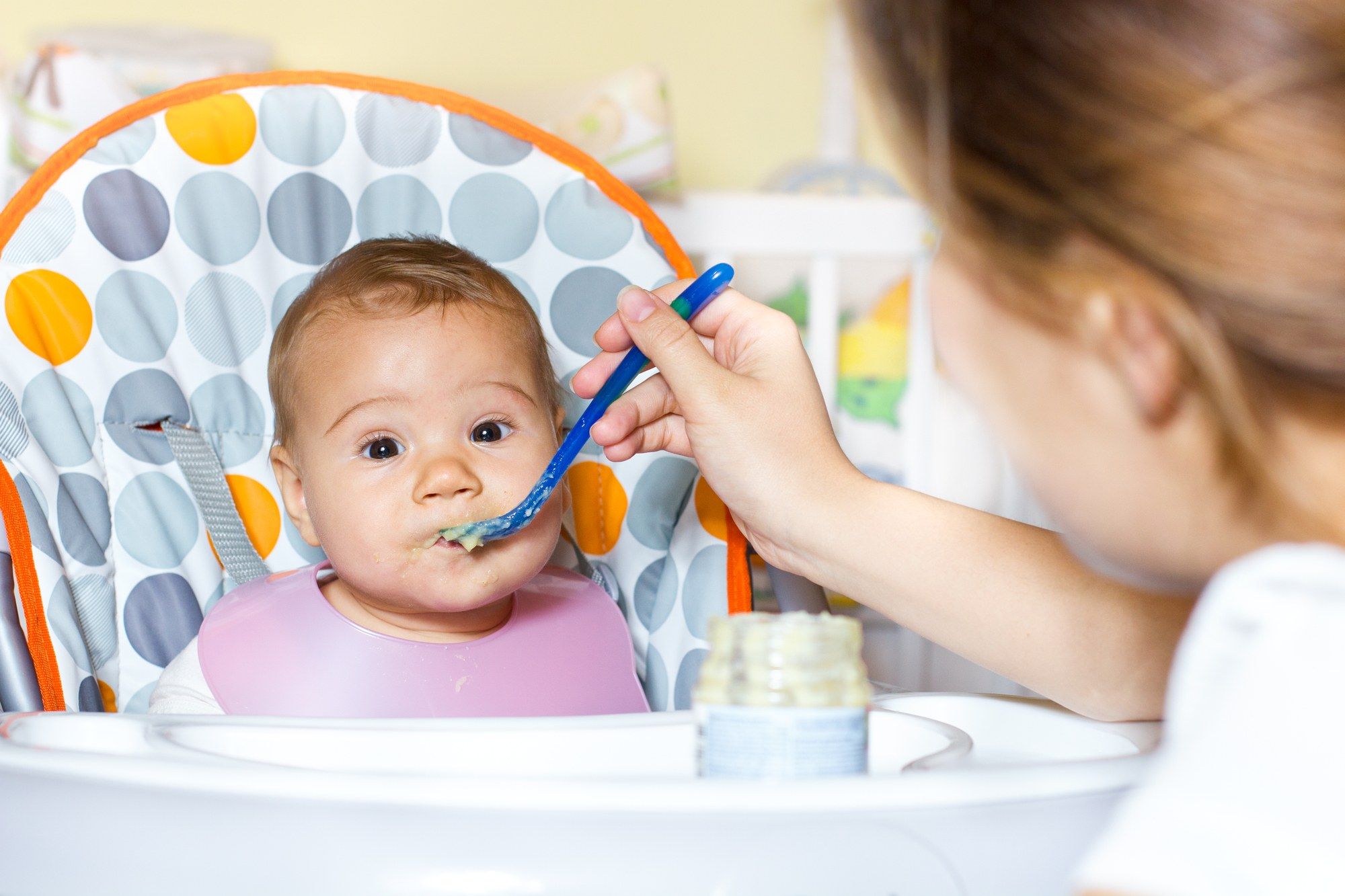
New York’s attorney general is demanding stricter enforcement on baby food standards from the Food and Drug Administration, following the release of a report that revealed high levels of toxins in major baby food brands.
In a letter addressed to acting FDA commissioner Janet Woodcock, New York State Attorney General Letitia James said she was “deeply concerned” by the report and considered its findings “distressing.” James is urging the FDA to set standards for all baby food, not just rice cereal and is requesting that all food manufacturers test baby food products for toxic metals.
“The cumulative impact of dangerously high levels of these heavy metals poses serious risks for the health and development of infants and young children. Continued exposure can affect a child’s brain development, behavior, and IQ over the long-term. It is critical that our government take immediate action to protect our children from these negative health consequences,” James stated in the letter.
If you purchased one of the baby food brands listed on this page, you may qualify to join this baby food class action lawsuit investigation.
The toxic metals, including arsenic, lead, cadmium, and mercury, were found inside baby food products from various companies at dangerous levels, according to the report announced Feb. 4 by the House Committee on Oversight and Reform.
The investigation found these manufacturers knowingly sold its tainted baby food and routinely ignored standards.
Nurture, Happy Baby, Beech Nut, Gerber, Earth’s Best, Plum Organics, Parent’s Choice and Sprout Organic Foods are listed in the subcommittee investigation. Three of the manufacturers, Walmart, Campbell and Sprout Organic Foods, refused to cooperate with the Congressional inquiry, according to the report.
In total, at least four of the United State’s seven largest baby food makers had products with levels of toxic metals.
The report found that the companies were not following the Food and Drug Administration thresholds on toxic metals, and were often not even abiding by individually set standards.
Beech Nut baby food was found to have an internally-set limit of 200 parts of lead per billion in samples but had tests showing 353 parts per billion, while nearly 20 percent of Nurture’s HappyBABY products tested had more than 10 parts per billion of lead.
The investigation found Gerber rarely even tested its foods for mercury. Beech Nut and Hain doesn’t even bother checking, according to the report.
Subcommittee Chairman Rep. Raja Krishnamoorthi says companies making baby food have a responsibility in being honest with the public.
“I hope companies will commit to making safer baby foods. Regardless, it’s time that we develop much better standards for the sake of future generations,” he said in a statement.
The news of tainted baby food in the U.S. has prompted at least two different groups of parents from two different states to file class action lawsuits.
Both complaints allege Gerber and Hain Celestial are committing fraud, violating state laws protecting consumers and becoming unjustly enriched by selling tainted baby food.
Much like the House subcommittee, plaintiffs Aileen Garces says these baby food companies knew about the toxic metals but hid it from customers.
Both complaints detail the dangers of toxic metal exposure, including permanent brain damage.
“Right now, parents across the nation are unknowingly feeding their babies dangerous, toxic metals because these companies are not doing their due diligence to protect our children,” James said in a statement to Law360. “This shouldn’t be controversial, this shouldn’t even be a question. Unsafe levels of arsenic and other toxic metals do not belong in baby food, period.”
Do you buy baby food for your family? What do you think of the New York’s AG request for stricter enforcement on baby food? Let us know in the comments below.
The two Tainted Baby Food Class Action Lawsuits are:
Apicella, et al. v. Hain Celestial Group, Inc., Case No. 21-678 in the U.S. District Court for the Eastern Division of New York.
Garces, et al. v. Gerber Products Co., et al., Case No. 1:21-cv-00719 in the U.S. District Court for the Northern District of Illinois, Eastern Division.
Read About More Class Action Lawsuits & Class Action Settlements:




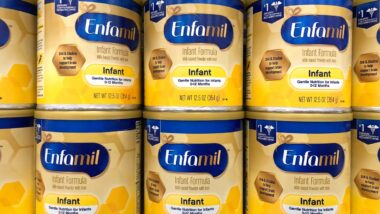
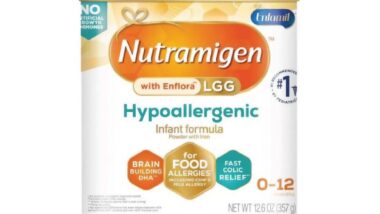
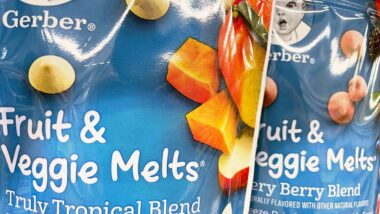

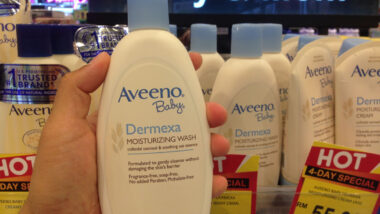



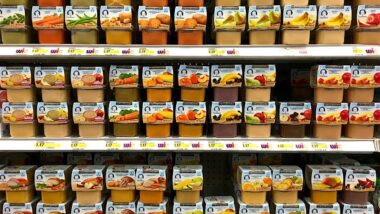
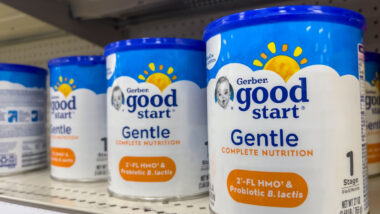

10 thoughts onNY AG Calls On FDA to Ensure Baby Food Safety Following Influx of Class Action Lawsuits
Add me
Add me please
please add me
Please add me
Add me
Please add me
Please add me.protect are baby’s? Please
Add
Please add me
Add me